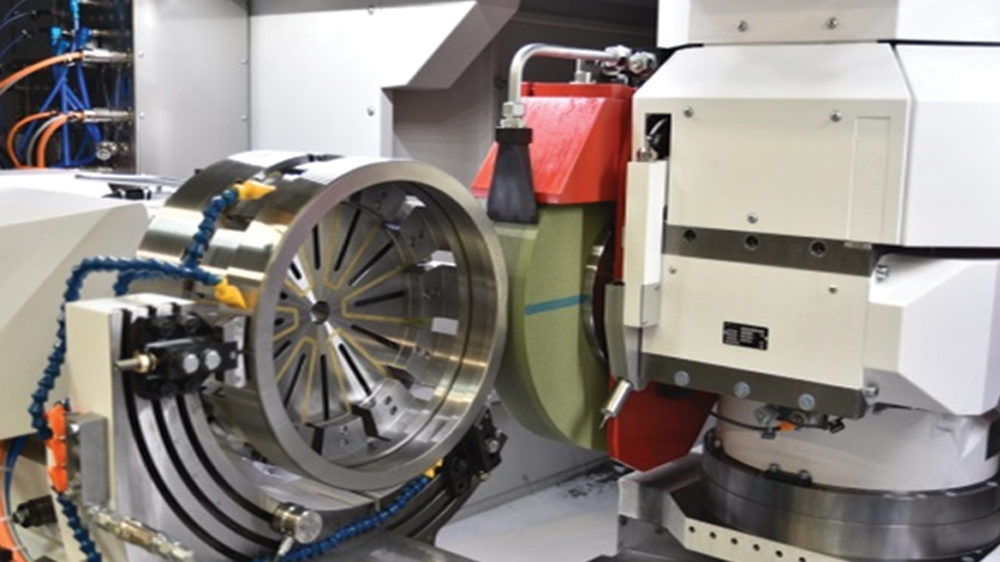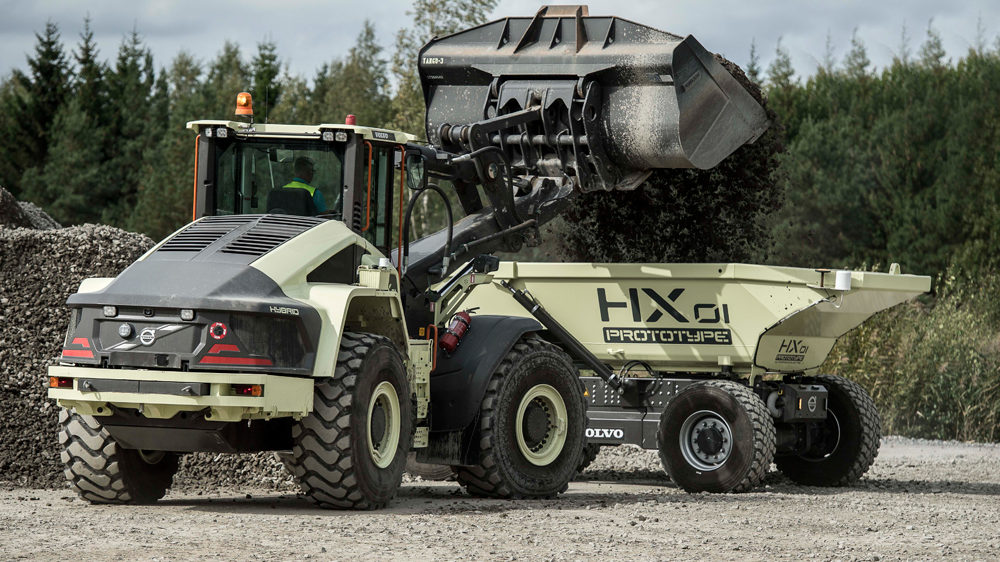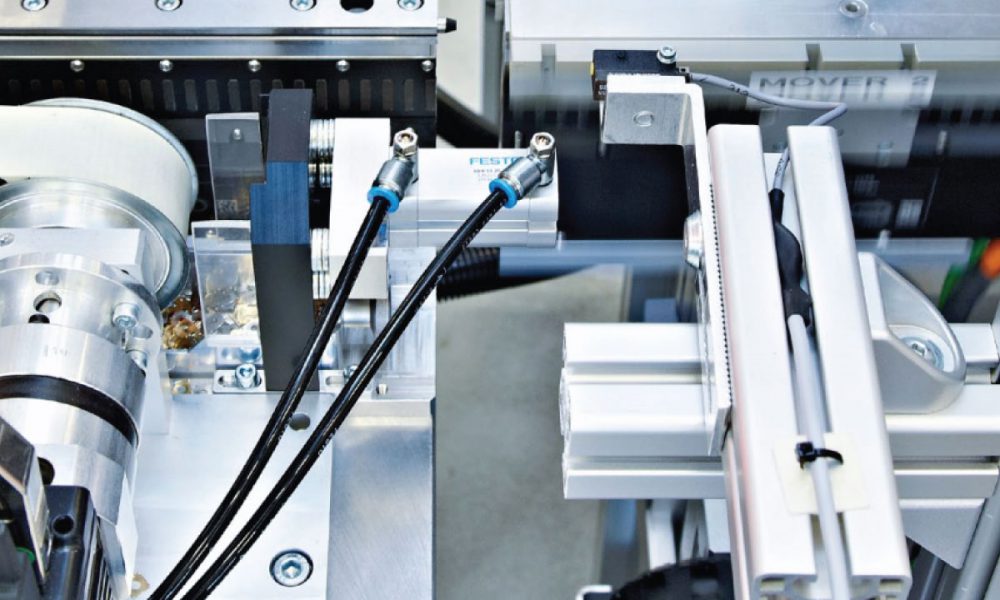Digitisation and the Future of Lubricants Business
By OEM Update Editorial June 29, 2017 6:24 pm IST
We employ the most sophisticated digital tools such as an interactive platform to Shell technical services which helps establish a direct connection to our OEM partners and end customers.
Siva Kasturi, Asia Pacific Regional OEM Manager, Shell Global Lubricants
In an interview with Subhajit Roy, Siva Kasturi, Asia Pacific Regional OEM Manager, Shell Global Lubricants explains how industrial lubricants can play a role in enhancing machine reliability and productivity. He also talks about Shell Lubricants’ products and services that are aimed at reducing the total cost of ownership for OEMs and customers.
How do industrial lubricants play their part in energy efficiency?
Lubricants play a very critical role in enhancing energy efficiency in industrial applications. Today, the demand for equipment is ever-increasing and so are the challenges! From the reliability perspective, OEMs are expecting component life enhancement to a greater extent and for which one of their focus areas is on Lubricant specifications and recommendations.
At Shell Lubricants, we constantly update most of the key OEMs on the technology trends and the lubricants specifications that contribute in terms of enhancing the life of the component and reliability of seals, bearings, paints etc. This will drive equipment manufacturers towards better component reliability, better protection and thereby offer better productivity on a better run factor. Most importantly, you may have right oil for the right application but we strongly believe that technical services significantly help end users and OEMs to leverage fully on our superior technology. So, if you have the right kind of technical tools or services coupled with these kinds of right products, it plays a significant role in enhancing machine reliability.
How do you look at the acceptance of such a concept within Indian OEMs?
Shell being the leading lubricants player globally, works with more than 4,000 OEMs closely in various areas by giving them regular technology updates in terms of enhancing equipment reliability and to optimise performance. We constantly share information with our OEMs on how lubricants can contribute to enhance reliability of their equipment and meet the most challenging operating conditions. There is certainly a significant amount of acceptance from OEMs in understanding the technology trends related to lubrication practices, trends, areas related to filtration, energy efficiency, and cleanliness requirements etc.
With enhanced energy efficiency and machine reliability, how do lubricants contribute to TCO?
TCO or Total Cost of Ownership can broadly be classified as TCO for OEMs and TCO for end users. To cite an example, industries like power plants, injection moulding, cement, construction machinery and steel, etc., are always on the lookout for higher productivity. Customers expect all of their equipment to perform more than a 100 per cent, sometimes loading their gearboxes up to 130 per cent. With these kinds of challenges, TCO for an OEM can be defined as how well the end user can rely on their equipment and how well they can perform even in adverse conditions. Productivity and the costs of lost production resulting from equipment downtime is important for an end user. Owing to the superior technology, Shell’s products are designed to last longer than the standard industry requirement and perform even in the most adverse conditions. We ensure that our lubricants are not only meeting standard industry body specifications, but also exceed the requirements of OEMs and their specifications. Lubricants can also help in reducing power consumption, changing the Total cost of lubrication. Thus, the total cost of maintaining the specific equipment during a certain period and cost of energy saved from it, should be considered to determine the TCO.
How is the idea of collaborating with OEMs?
All of our brands including Shell Omala, Shell Turbo, Shell Tellus and Shell Gadus are very well established in markets across the globe and widely accepted by OEMs. Collaboration with OEMs is one of our major strengths. We not only work with OEMs from a technology viewpoint and offering next generation products, but also have a greater collaboration with them in the aftermarket areas by offering our expertise in product application, services and trainings to our OEM’s end customers and channel partners. We do enter into the profitable relationships as well, which is well accepted and acknowledged by customers.
Would you like to name a few Indian OEMs?
Could you discuss the importance of adopting digitisation in a manufacturing process?Digitisation is on its way to becoming an integral pillar for the world’s manufacturing industries to flourish on. Historically, a prospering manufacturing sector has always been the core of any thriving economy.
Today, the digital economy is upending processes and rearranging markets. The Indian manufacturing sector too has undergone various phases of development over time and promises to be one of the high growth sectors in the near future. This course of development is based on digitalisation. Every level of manufacturing is being digitised, and now companies are beginning to evaluate what additional value they can gain from this development.
In the past, components were built in various locations and brought together for final assembly. Now, we need centralised production to synchronise every aspect of manufacturing and accommodate custom orders.
Ultimately, we’re designing processes not to suit the way companies operate today, but to anticipate what customers want tomorrow. Essentially, we’re joining a customer-driven business world. For many manufacturers, that could require a rethinking of their business from top to bottom. But for the companies that do it right, that could mean more loyal customers and a lasting competitive advantage.
How does Shell embrace digitalisation in its operations?
At Shell Lubricants, we offer several digital platforms to engage with our OEM partners and end consumers. We employ the most sophisticated digital tools such as an interactive platform to Shell technical services which helps establish a direct connection to our OEM partners and end customers.
Shell has been at the forefront of digital technologies for decades, from the advent of underwater robots in the 1970s to today’s high-performance computers helping to detect new energy resources deep beneath the earth’s surface. The march of technology is changing how we operate, from better and smarter maintenance and repair of our deep-water facilities, to finding new energy sources thousands of metres below the earth’s surface.
Shell Lubricants also has a large portfolio of digital product demonstrations including videos and 3D interactive tools such as Virtual Reality experience. Our team uses the most advanced digital tools including VR, virtual assistants for our customers, QR coded plates for our OEM partners which can be connected to our Shell LubeAnalyst services or even the OEM technical service teams directly. With such innovation on services, we are confident that we offer a strong value proposition to our OEMs and end customers.
One of our biggest challenges is to locate and develop new resources of oil and gas that society needs, in a way that is economically competitive and environmentally responsible. The digital revolution is helping that transition with affordable sensor technology and storage capacity, making it easier to capture vast volumes of seismic data. Readily available processing power and advanced software allow us to create detailed visualisations. These enhance geologists’ ability to peer beneath the subsurface and pinpoint hidden resources.
To conclude, Shell is working on new digital technologies in several areas which have the greatest potential for our business.
Cookie Consent
We use cookies to personalize your experience. By continuing to visit this website you agree to our Terms & Conditions, Privacy Policy and Cookie Policy.

















